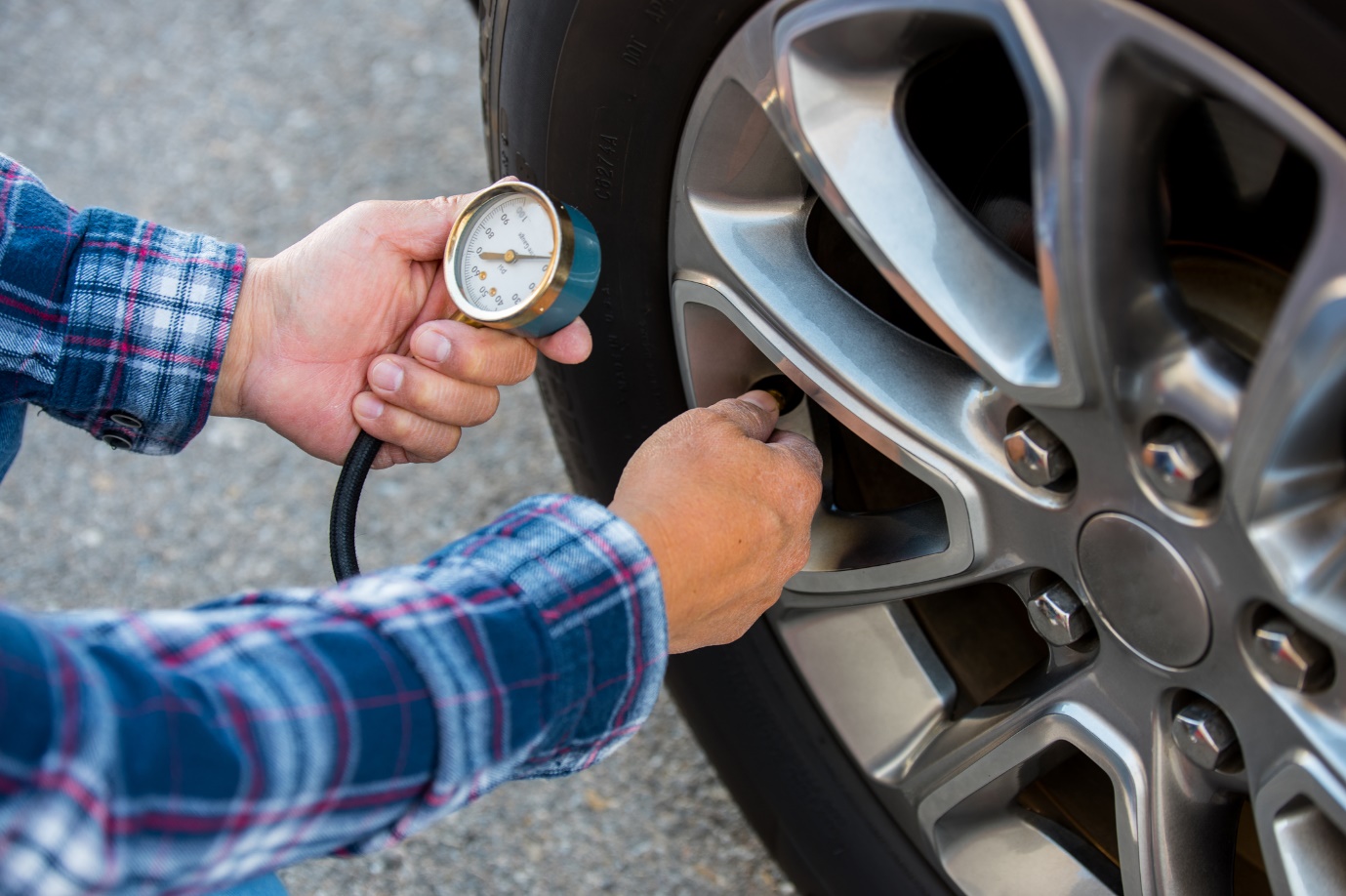Can weather or temperature affect tyre pressure?
Author Name –
Wendy Riach
22 May 2019
6 people

The air pressure in your tyres is affected by the external temperature of the air around them. This is because of the way that air particles react to changes in temperature, with higher temperatures causing the air to expand and lower temperatures causing it to contract.
Does cold weather affect tyre pressure?
Cold weather can significantly lower the air pressure in your tyres, so staying on top of your tyre pressure in winter is important to road safety.
When it’s cold outside, the air particles in your tyres contract, lowering the pressure of the tyres by up to two PSI per 10°C. However, just driving the car can help the tyres to warm slightly, and this increase in temperature should mean that tyres return to their usual pressure.
In extreme or prolonged spells of cold, it’s still advisable to check your tyre pressure monthly. Although most tyres require that you should have a tyre pressure of 32 PSI, you should check the PSI recommendation on the B pillar plate before adjusting.
Low tyre pressures can increase fuel consumption and compromise handling of the car, as well as making the tyre walls more flexible and therefore more likely to come into contact with the road. In order to prevent your tyre pressure from dropping and to avoid these negative consequences, keep your car in a garage overnight, if possible, to mitigate the cold.
Does hot weather affect tyre pressure?
Resistance and friction cause a build up of heat inside tyres which makes the air within expand, and in hot weather, the pressure of your tyres will increase even further. Over-inflation can be dangerous – potentially resulting in blown out tyres, premature wear, and interference with braking.
The easiest way to get an idea of if your tyres are overheating is to touch them. As black tyres absorb heat on hot and sunny days, you’ll be able to get an indication of how much the temperature is affecting your tyres.
Although most cars have a tyre pressure monitoring system (TPMS), you shouldn’t rely on it going off. Instead, check your tyre pressure using a pressure gauge to see whether they’re overinflated. Staying within the speed limit and paying attention to the cleanliness of your wheels will also keep them well maintained.

Why is tyre pressure important?
There are several reasons why it’s important to maintain tyre pressure, and the most important consideration is, of course, safety. Tyres that are underinflated can overheat easily, and overinflated tyres can lead to your vehicle being hard to control.
Tyres that don’t have the correct pressure are also more likely to suffer damage and therefore need to be more regularly maintained. Correct tyre pressure also helps to maintain fuel efficiency, meaning lower fuel emissions and lower petrol or diesel costs.

Wendy Riach
Did you enjoy this blog post?
|
6 people found this review helpful